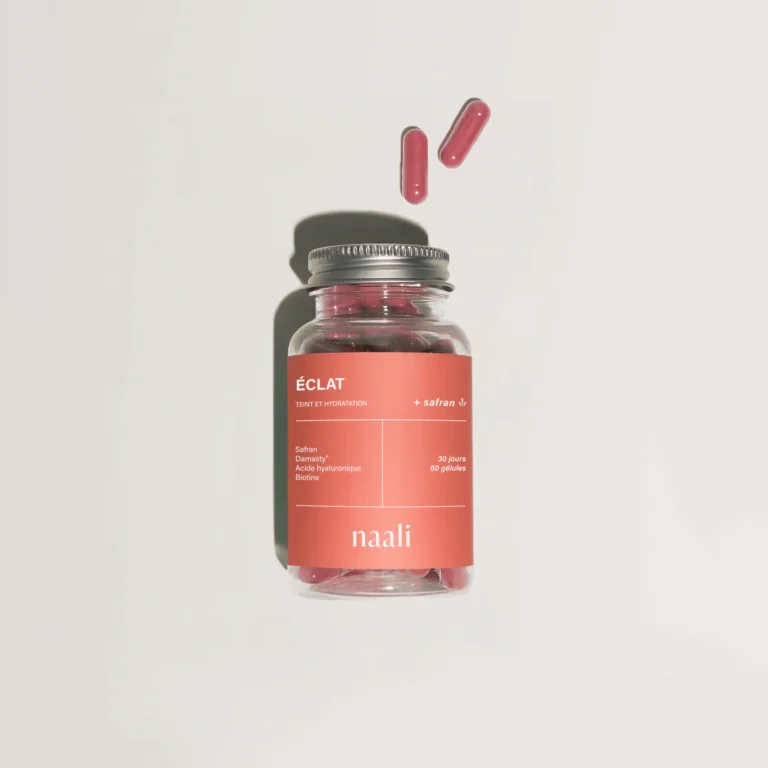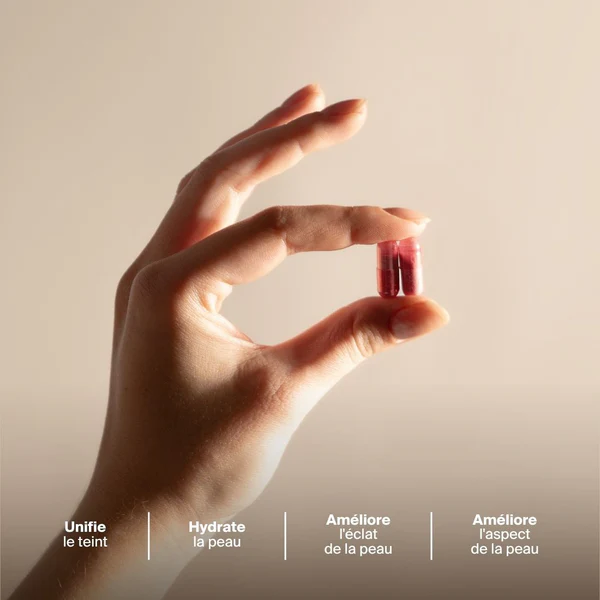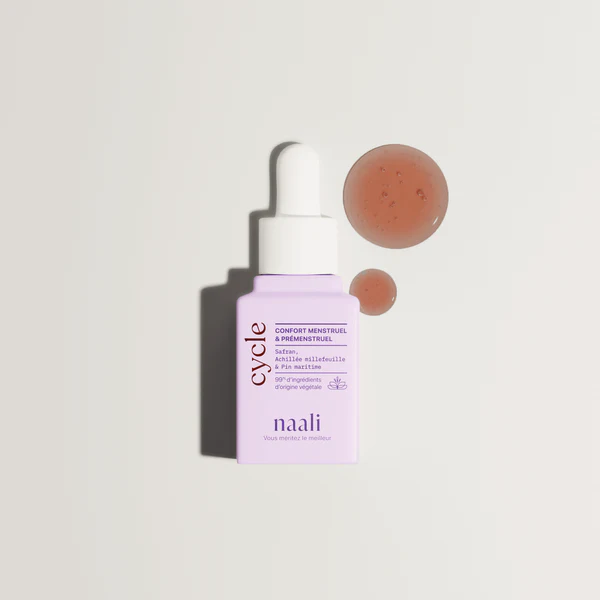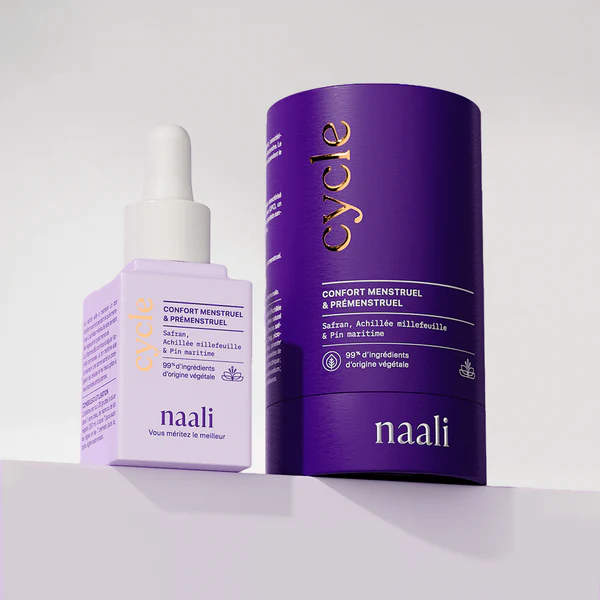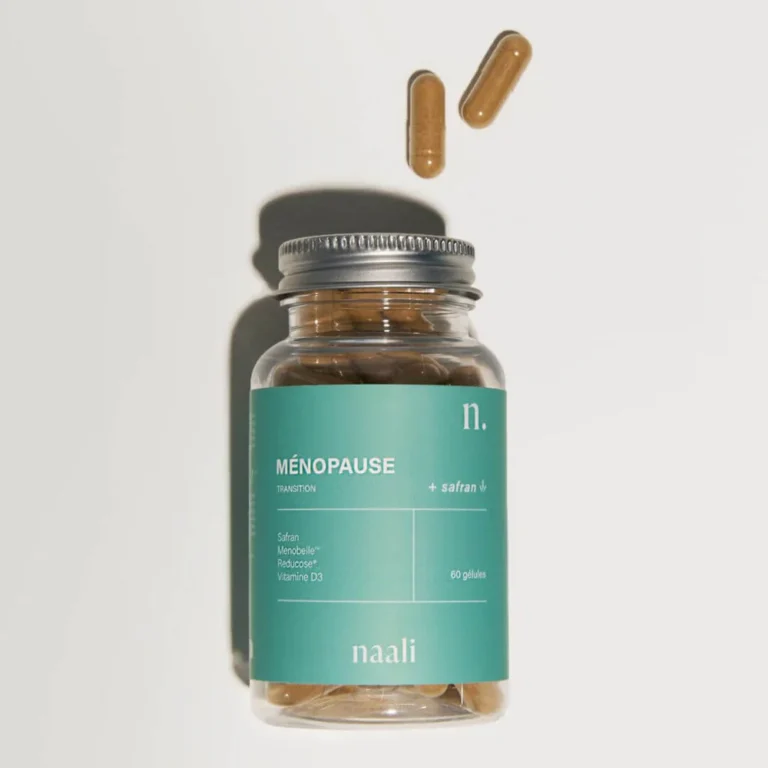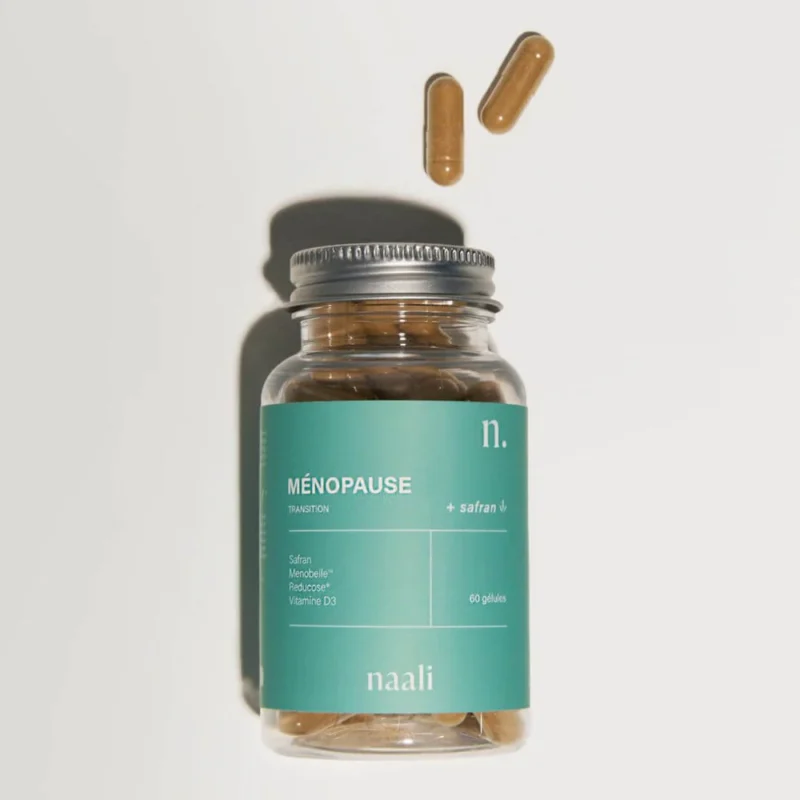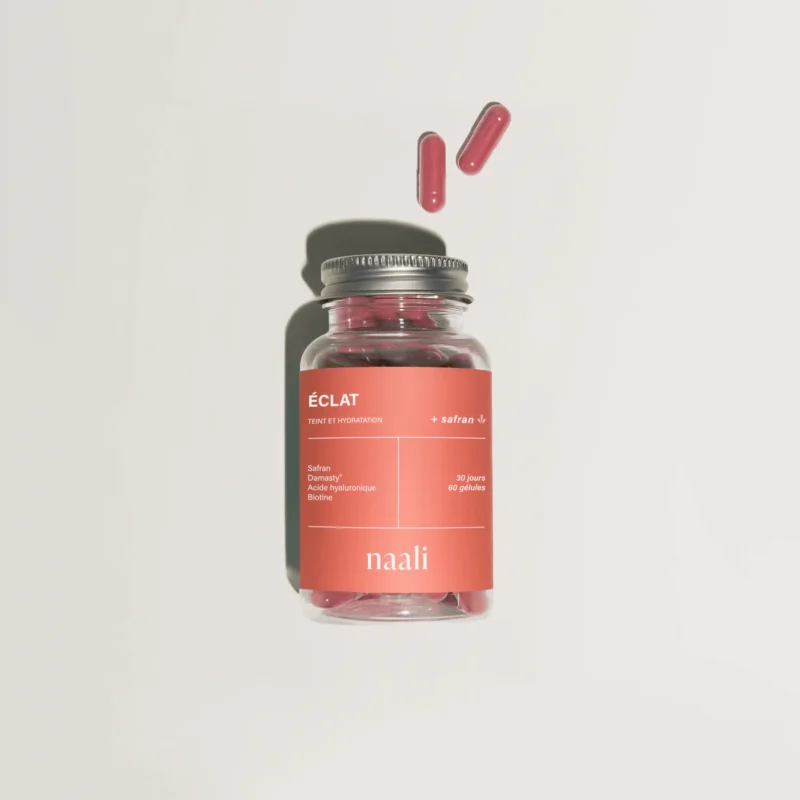What is serotonin?

July 11, 20221 comment

The usefulness of serotonin, ways to increase it, why serotonin decreases, why increase it… You’ll find all the answers to your questions in this mini guide on serotonin!
What is serotonin?
Serotonin is a chemical produced by nerve cells. It sends signals between your nerve cells. Serotonin is found primarily in the digestive system, but also in blood platelets and throughout the central nervous system.
Serotonin is made from the essential amino acid tryptophan. This amino acid must enter the body through food and is commonly found in foods such as nuts, cheese, and red meat. A tryptophan deficiency can lead to low serotonin levels. This can lead to mood disorders, such as anxiety or depression.
What is the role of serotonin?
Serotonin impacts every part of your body, from your emotions to your motor skills . Serotonin is considered a natural mood stabilizer. It’s the chemical that helps you sleep, eat, and digest. Serotonin also helps
- regulate anxiety
- heal wounds
- stimulate nausea
- maintain bone health
Here’s how serotonin works in various functions of your body:
Bowel Movements : Serotonin is found primarily in the body’s stomach and intestines. It helps control the movement and function of your bowels.
Mood : Serotonin in the brain is thought to regulate anxiety, happiness, and mood. Low levels of this chemical have been linked to depression, and increased serotonin levels caused by medication are thought to decrease arousal.
Nausea : Serotonin is part of the reason you feel nauseous. Serotonin production increases to push harmful or disturbing foods out of your body more quickly when you have diarrhea. This chemical also increases in the blood, stimulating the part of the brain that controls nausea.
Sleep : This chemical is responsible for stimulating the parts of the brain that control sleep and wakefulness. Whether you sleep or wake up depends on the area stimulated and the serotonin receptor used.
Blood clotting : Blood platelets release serotonin to aid in wound healing. Serotonin causes small arteries to narrow, which promotes blood clot formation.
Bone health : Serotonin plays a role in bone health. Significantly high levels of serotonin in the bones can lead to osteoporosis, which makes bones weaker.
Sexual function : Low levels of serotonin are associated with increased libido, while high levels of serotonin are associated with decreased libido.
Serotonin and mental health
Serotonin helps naturally regulate your mood. When your serotonin levels are normal, you feel:
- happier
- quieter
- more concentrated
- less anxious
- more emotionally stable
A 2007 study found that people with depression often have low serotonin levels. Serotonin deficiency has also been linked to anxiety and insomnia.
There has been minor disagreement about the role serotonin plays in mental health. In older studies, some researchers debated whether an increase or decrease in serotonin could affect depression. More recent research suggests that it does.
Why does serotonin decrease?
Depression and other serotonin-related mood disorders are multifactorial, meaning there is more than one reason for their occurrence. Low serotonin alone is not enough to cause depression.
However, low serotonin can contribute to mood, sleep, and digestive problems, among other things.
There is no single cause of low serotonin, but it usually occurs for one of two reasons: not having enough serotonin or not using the serotonin you have inefficiently . In the former, you have low serotonin because your body is not producing enough to maintain normal levels.
Your body may not be able to produce enough serotonin due to other factors, such as nutritional and vitamin deficiencies.
For example, low levels of vitamin B6 and vitamin D have been linked to decreased serotonin levels. Tryptophan, an essential amino acid involved in serotonin production, can only be obtained through diet.
Another reason you may have a serotonin deficiency is that your body produces serotonin but doesn’t use it efficiently. This can happen if you don’t have enough serotonin receptors in your brain or if the ones you do have don’t work well (for example, they absorb and break down serotonin too quickly).
Signs of Low Serotonin
How do you know if your serotonin levels are low? Signs of a possible serotonin deficiency include:
- Disrupted sleep patterns
- Loss of appetite
- Mood swings
- Memory and learning disorders
Studies also suggest that serotonin levels may decline with age, potentially due to a decline in the function of serotonin receptors and transporters.
How to increase serotonin?
Depression is known to be associated with chemical imbalances in the brain. While the role of serotonin in depression is more complex than a single imbalance, it is believed to play a key role.
Increasing the amount of serotonin in the brain appears to improve communication between brain cells, leading to an improved mood and reduced symptoms of depression. This is why prescription antidepressants are used to treat clinical depression and other mood disorders, but unfortunately, they have many unwanted side effects.
Everything from the foods you eat to the amount of sunlight you get can affect the amount of serotonin your body has and how efficiently it can use it—both factors that can help correct a serotonin deficiency. There are also natural ways to increase serotonin levels.
Serotonin reuptake:
Since the beginning of the 2000s, publications on the neuropsychiatric properties of saffron have been unanimous and plentiful, continues the therapist. They highlighted two major assets: the safranal and crocin . These two major active ingredients inhibit the reuptake of serotonin . A true natural antidepressant, saffron has effects equivalent to those of conventional antidepressants such as fluoxetine (selective serotonin reuptake inhibitor) or imipramine (norepinephrine and serotonin reuptake inhibitor). “Extremely effective in treatments to reduce the severity of depression symptoms, saffron also has none of the side effects
Food:
Many foods naturally contain serotonin, but your body also needs other nutrients, such as tryptophan, vitamin B6, vitamin D, and omega-3 fatty acids, to produce serotonin.
26 Foods that are good sources of these key nutrients include:
- Bananas
- Beans (such as chickpeas, kidney beans, pinto beans, and black beans)
- Eggs
- Leafy green vegetables (like spinach and kale)
- Nuts and seeds (such as walnuts and flax seeds)
- Oily fish (such as salmon, tuna, and mackerel)
- Probiotic/fermented foods (such as kefir, yogurt, and tofu)
- Turkey
A diet rich in fiber and fruits and vegetables will help you maintain healthy gut bacteria. Having a good balance of friendly bacteria in your gut has been linked to adequate serotonin levels (since the gut produces about 95% of your body’s supply).
Physical exercise:
Regular physical activity has been shown to increase serotonin levels. However, the benefits of regular exercise aren’t limited to your brain.
Exercise can help people manage depression and other mood disorders by also promoting cardiovascular health, improving strength and endurance, and helping maintain a healthy weight.
The U.S. Department of Health and Human Services recommends that adults get at least 150 minutes of moderate-intensity cardiovascular exercise each week, plus strength training two days a week.
Consult your doctor before starting an exercise program. Be sure to choose activities you enjoy, as you’ll be more likely to stick with them, and consistency is key to reap the full benefits.
Exposure to light
Your serotonin levels can drop if you don’t get regular sunlight. Lack of sunlight exposure is one theory explaining why people experience depression during the short, dark days of fall and winter (a mood disorder called seasonal affective disorder).
Try to spend 10 to 15 minutes in the sun each day. Sunlight also increases your levels of vitamin D, which is needed for serotonin production.
If you live somewhere with little or no sunlight, you can also use light therapy to ensure you’re getting your daily dose of sunshine.
Massage
Massage therapy has been found to promote the release of serotonin and decrease the stress hormone cortisol, making it a valuable non-pharmaceutical addition to treatment plans for depression and anxiety. You don’t even need a professional massage to reap the benefits.
A frequently cited study of pregnant women with depression, published in the International Journal of Neuroscience in 2004, concluded that massage could be beneficial even if performed by someone who wasn’t a trained massage therapist.
After study participants received two 20-minute massage sessions from their partners, their serotonin levels increased by 28% and their dopamine levels by 31%.










